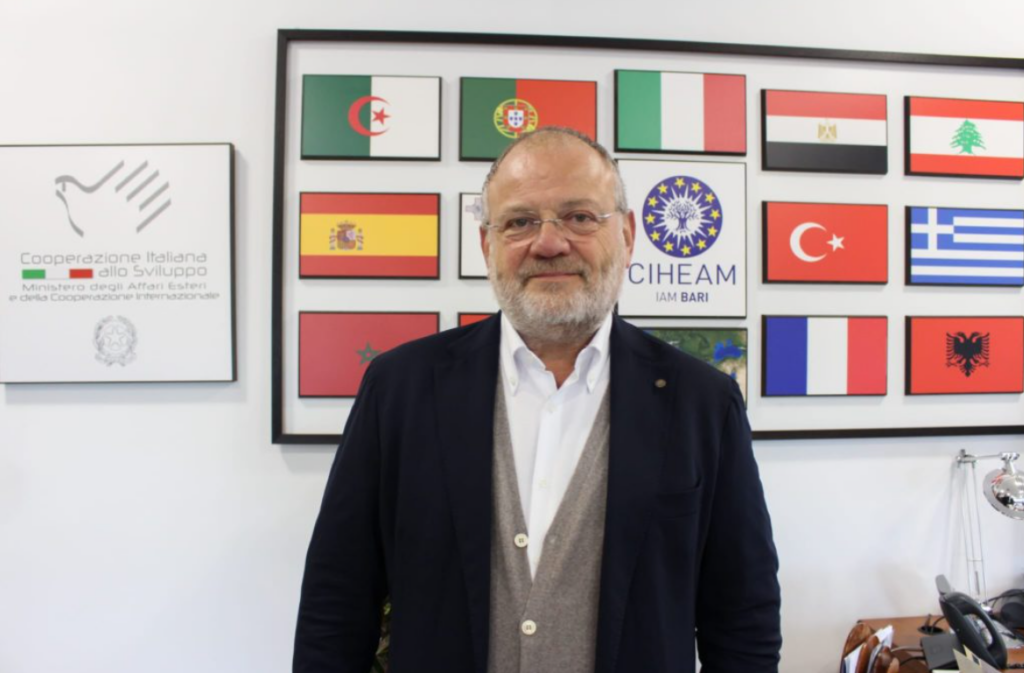After consolidating the information received from stakeholders (Focal Points, Joint Research Centre of the European Commission), MED-Amin has just published its first Crop Forecast Bulletin 2023. It provides early quality forecasts for the 2022-2023 season, with a particular focus on soft wheat, durum wheat, and barley.
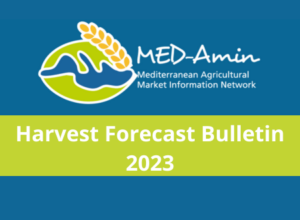 It provides an overview of the impacts of the drought over much of the western Mediterranean, already giving a negative outlook for the next cereal harvest.
It provides an overview of the impacts of the drought over much of the western Mediterranean, already giving a negative outlook for the next cereal harvest.
Specifically, the start of the 2023 cereal season has been mainly influenced by dry conditions with heterogeneous impacts on the Mediterranean region. In the northern and eastern Mediterranean, despite relatively dry conditions in January and February 2023, crops are developing well, with areas to watch in southern France, eastern Spain, northern Italy and central Anatolia (Türkiye), where the consequences of this more pronounced dry regime could be felt in the absence of rain in the coming weeks.
In the Maghreb countries, on the other hand, severe drought is already hampering cereal growth with conditions considered poor in western and eastern Algeria, central and southern Morocco and central Tunisia.
In the north-west, heavy rains in the autumn (October-December 2022) and high input prices have led to delayed sowing and reduced areas under winter cereals (Portugal) or early fertilisation (Spain).
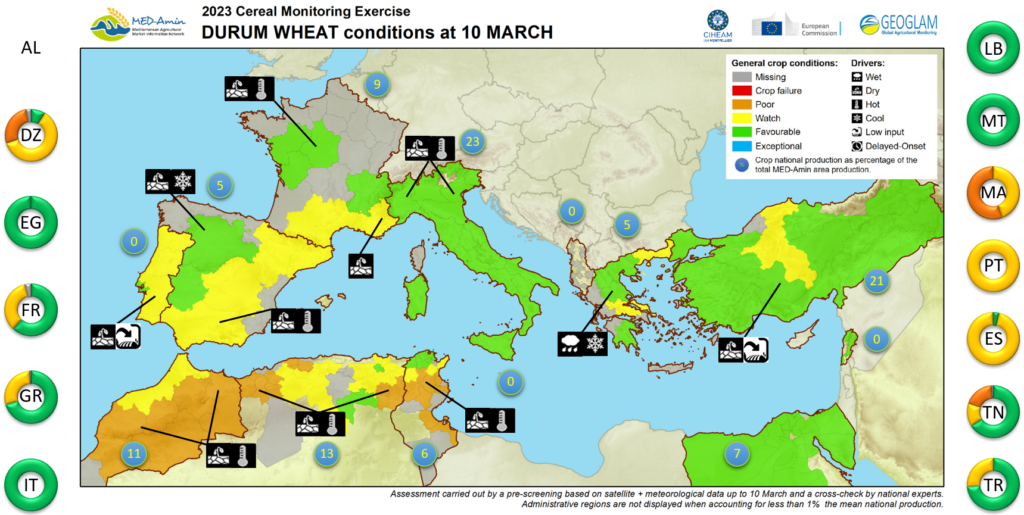


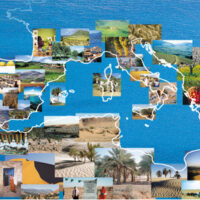 CIHEAM MontpellierOur vision is that of a Mediterranean basin characterised by a spirit of cooperation.
CIHEAM MontpellierOur vision is that of a Mediterranean basin characterised by a spirit of cooperation.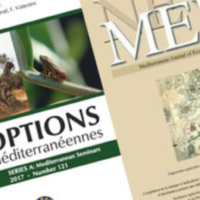 CIHEAM publicationsOur publications and communication tools aim to facilitate decision-making processes for political, economic and agricultural actors in the Mediterranean region
CIHEAM publicationsOur publications and communication tools aim to facilitate decision-making processes for political, economic and agricultural actors in the Mediterranean region News and events
News and events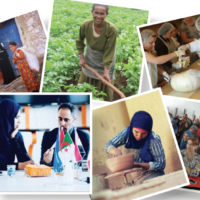 Press review (Scoop.it)
Press review (Scoop.it) Master programmesThe CIHEAM Montpellier stands for both personalised accompaniment and international openness.
Master programmesThe CIHEAM Montpellier stands for both personalised accompaniment and international openness.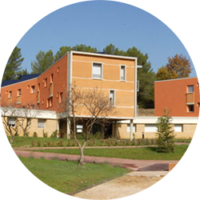 Campus & student lifeSince 1962, almost 95% of our foreign students have been granted accommodation on site.
Campus & student lifeSince 1962, almost 95% of our foreign students have been granted accommodation on site.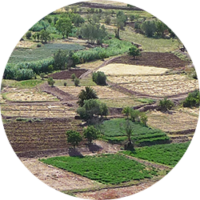 Doctoral platformShaping the scientists of tomorrow through research training… A natural commitment of the CIHEAM Montpellier
Doctoral platformShaping the scientists of tomorrow through research training… A natural commitment of the CIHEAM Montpellier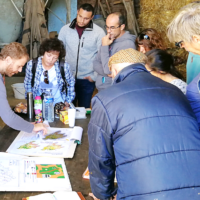 ProjectsOur research and cooperation projects are tools for inclusive development, they take into account the populations and rural and coastal territories of the Mediterranean.
ProjectsOur research and cooperation projects are tools for inclusive development, they take into account the populations and rural and coastal territories of the Mediterranean.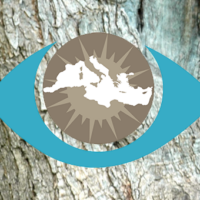 Mediterranean online catalogueA unique Documentation Center on the Mediterranean,
invested in sharing knowledge.
Mediterranean online catalogueA unique Documentation Center on the Mediterranean,
invested in sharing knowledge.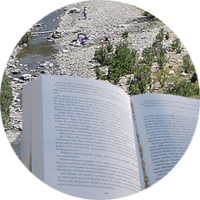 Scientific productionThe scientific production of the CIHEAM Montpellier is the fruit of collaborations by our lecturer-researchers, associated experts, students and research partners.
Scientific productionThe scientific production of the CIHEAM Montpellier is the fruit of collaborations by our lecturer-researchers, associated experts, students and research partners. Becoming partnersCreating partnerships is part of the genetic make-up of the CIHEAM Montpellier... Join one of its projects or study programmes, support its actions.
Becoming partnersCreating partnerships is part of the genetic make-up of the CIHEAM Montpellier... Join one of its projects or study programmes, support its actions.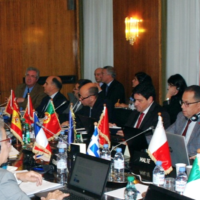 Ministerial meetingsThrough the Ministerial, CIHEAM contributes to the construction of a dialogue between the Mediterranean countries around questions relating to agriculture and the rural world.
Ministerial meetingsThrough the Ministerial, CIHEAM contributes to the construction of a dialogue between the Mediterranean countries around questions relating to agriculture and the rural world.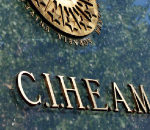
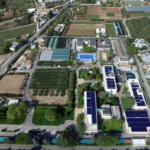
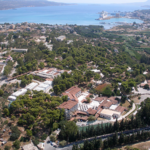
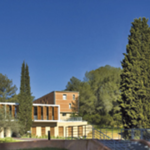
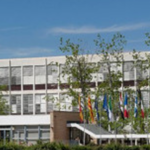
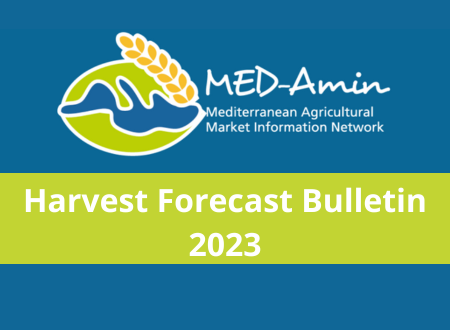
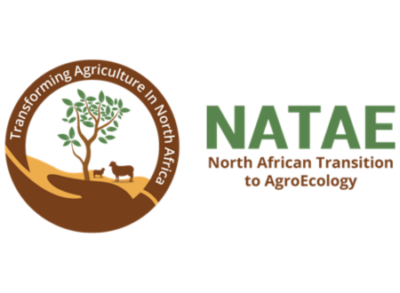
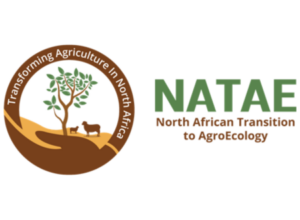
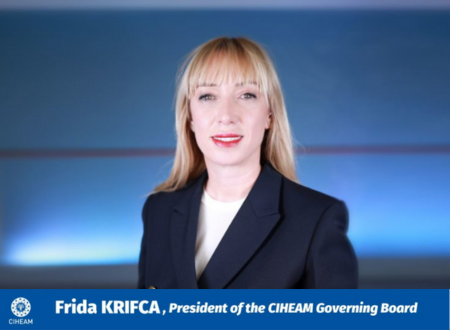
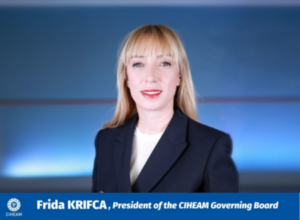
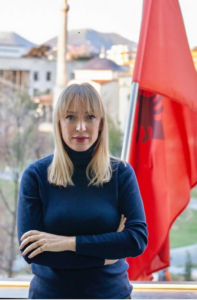
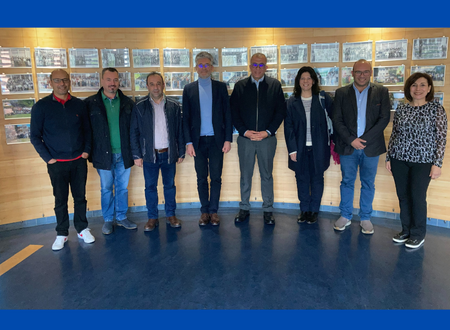
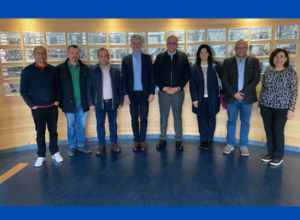
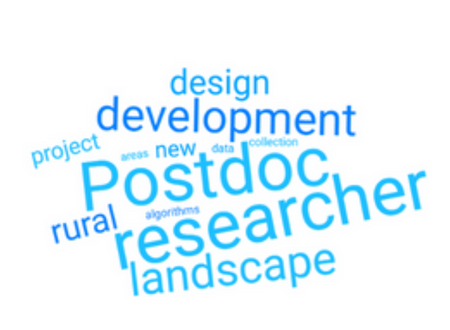
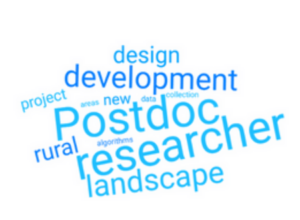
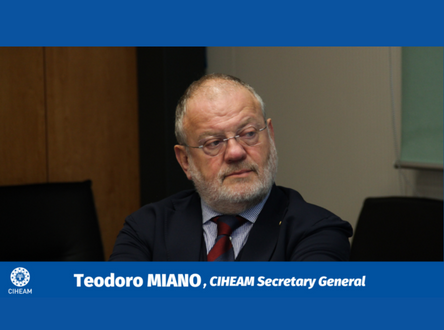
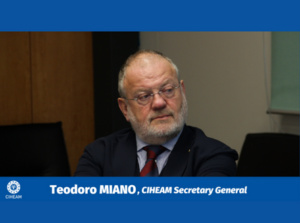 READ THE BIOGRAPHY OF MR. TEODORO MIANO
READ THE BIOGRAPHY OF MR. TEODORO MIANO